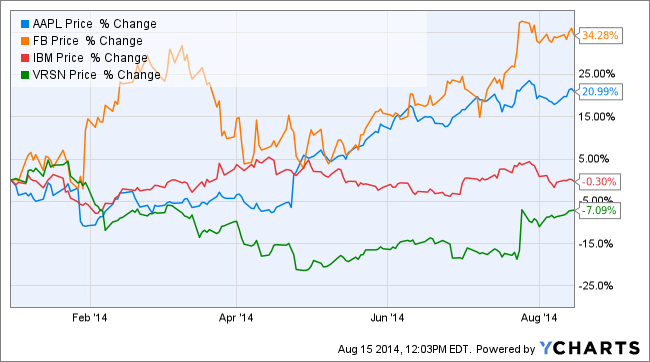Hedge funds If it works bet it
Post on: 16 Март, 2015 No Comment

If it works, bet it
Add this article to your reading list by clicking this button
IN THE quantitative hedge fund game, there’s Renaissance Technologies and then there’s everyone else. Here’s how The Economist described the firm in a piece last year:
“Luck”, James Simons, the founder of Renaissance Technologies, a hedge fund, once said, “plays a meaningful role in everyones lives.” Mr Simons, a 71-year-old former university professor and a celebrated mathematician, has been blessed with the stuff. His flagship fund, Medallion, has had average annual gains of more than 35% for 20 years. Last year he was named the best-paid hedge-fund manager in America by Alph a. a hedge-fund magazine, reportedly earning $2.5 billion. Medallion gained 80% last year, and this year is up a further 12%.
Today, Felix Salmon quotes from a Financial Times piece by Robert Frey, former Renaissance employee, which sheds some light on the modeling process at the firm:
At Renaissance, models had to meet four principles, says Mr Frey. These were (and maybe still are): simplicity – “dont make it more complicated than it needs to be”; commonality – “make it as broad as possible”; stability – “models you have to readjust constantly probably arent as good as ones that stand the test of time”; and rationality – “it cant just be statistically valid”. You have to employ reason to identify a statistically significant but spurious pattern.
Mr Salmon adds :
I do like the final “common sense” test. “This strategy works, but I dont know why” is always a bad way of trying to make money, because its very likely to be a statistical fluke. Ideally, of course, there would be a sequencing test too: its not enough to come up with a strategy which works and then try to work out why. You have to start with a theory of why a certain strategy might work, and then test it. I wonder whether Renaissance does that.
The funny thing is that according to Sebastian Mallaby’s new hedge fund history, More Money Than God, the willingness to explore unexplained correlations is what sets Renaissance apart from other quant funds (full disclosure: Mr Mallaby is married to The Economist ‘s Economics Editor). Where other funds might recruit employees with financial or economic backgrounds and have them test hypotheses against data, Renaissance employeed thinkers who had spent the bulk of their career in non-economic analytical fields, like mathematics, physics, and astronomy. Once at Renaissance, those thinkers would build data-processing models without any preconceptions about what should cause what, when. The firm’s advantage is in its willingness to trade what doesn’t necessarily make sense.
As Mr Salmon notes, correlation-chasing can easily lead you astray. Markets might rise on days when the president wears a red tie rather than a blue tie, but that doesn’t mean there’s any causation between the two variables. At the same time, there are surely many cases where correlations do imply a relationship, whether or not economists or traders can figure out what that relationship is.
Mr Frey is obviously in a better position than I am to know whether Renaissance does or does not require some theoretical model to be in place before trading on a signal can begin. But having the guts to trade relationships no one else can understand or explain would be one way to consistently beat the market over a period of two decades.
Previous
American joblessness: Sideways
Next
Global imbalances: Tipping the scales














